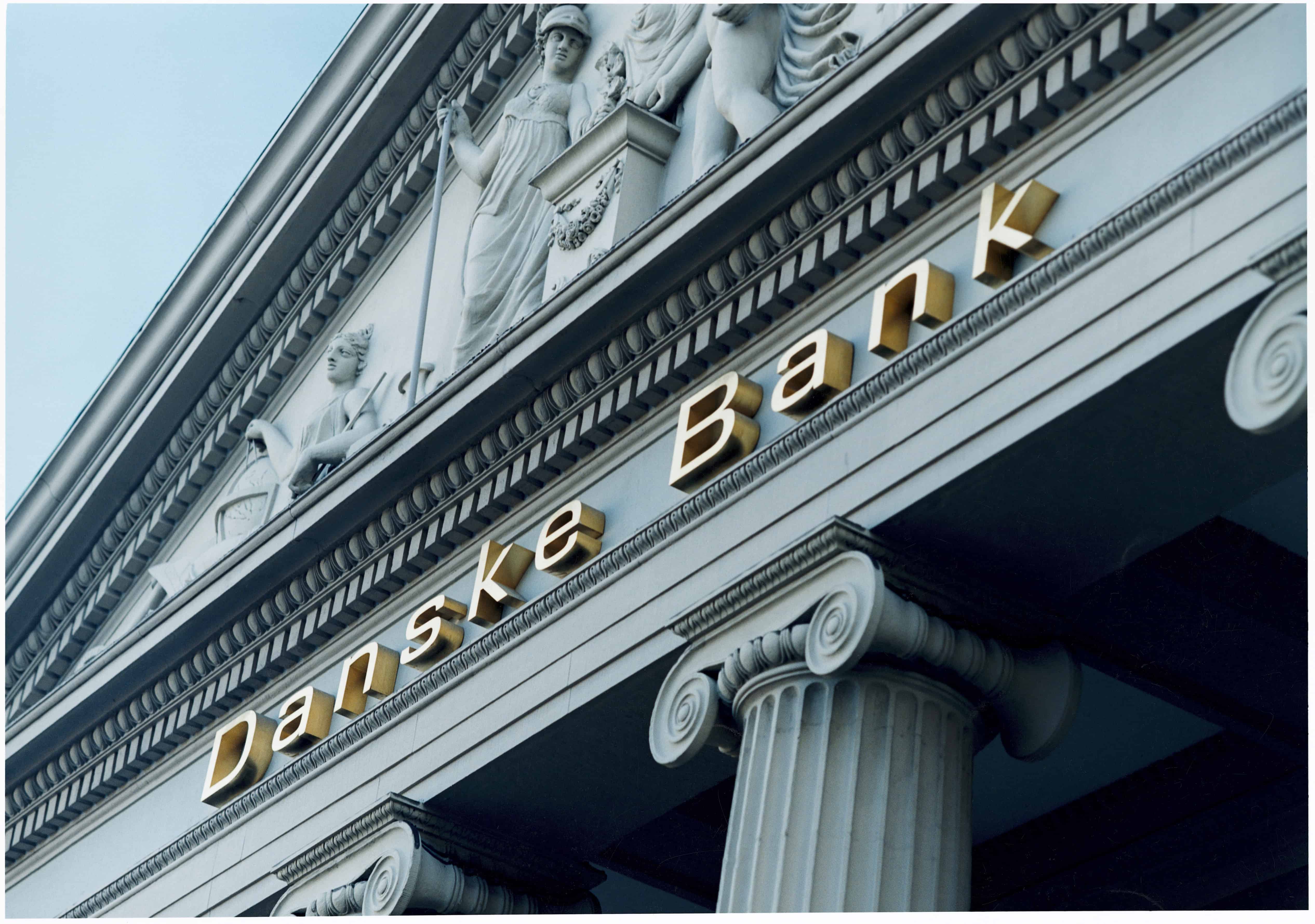The Danish central bank reduced its deposit rate into negative territory on Monday as the market speculated that it could do something similar to Switzerland and remove the currency peg against the euro.
However, Denmark sought to put an end to such speculation that it could do the same as Switzerland and remove its euro peg.
According to BusinessWeek, Karsten Biltoft, head of communications at the Copenhagen-based central bank, said by phone:
“We have the necessary tools to defend the peg,”
When asked if Denmark would ever consider removing the currency peg, he said, “Of course not.”
“The comparison that is made between Denmark and Switzerland I think is somewhat off,” Biltoft said. “I don’t think you can make a comparison between the two cases.”
Denmark is a member of the European Union but not of the eurozone.
The Danish central bank reduced the deposit rate from – 0.05 percent to -0.2 percent and the lending rate was cut from 0.2 percent to 0.05 percent.
The cuts “underline the fact that the inflow has been pretty massive since they decided to move on a Monday,” Arne Lohmann Rasmussen, head of fixed-income research at Danske Bank, told BusinessWeek.
“We should price in a probability of a new cut on Thursday, especially if the FX intervention continues.”
Nordea economist Helge Pedersen posted the following on Twitter:
“The interest rate in Denmark is now the same as in the eurozone. This will take the pressure off the krone,”
The move comes at a time when many predict the European Central Bank will announce a bond-buying program that will try and kickstart growth in the eurozone.

“The central bank is reacting to the strong krone. Probably not the last cut,” Danske Bank economist Steen Bocian wrote.
Last Thursday Switzerland’s central bank removed the cap of 1.20 Swiss francs to the euro, which caused the franc to soar by 30 percent against the euro – only minutes after the announcement was made.
Danish monetary policy tries to maintain a stable exchange rate between the euro and the Danish krone. Currently the krone is pegged to the euro and can only move 2.25 percent up or down from its fixed rate of 7.46 krona per euro.
